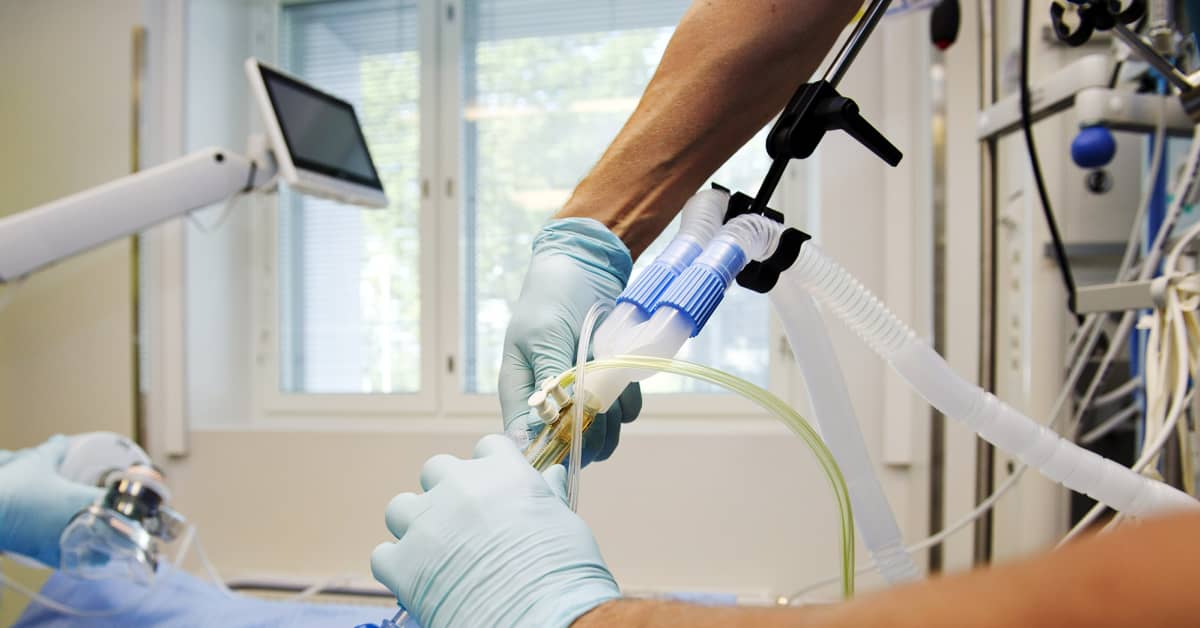"When I first heard about this, I could not believe it. I research and teach the evolution and epidemiology of infectious disease at Harvard’s Chan School of Public Health. My colleagues here in the US, even as they are reeling from the stumbling response of the Donald Trump administration to the crisis, assumed that reports of the UK policy were satire – an example of the wry humour for which the country is famed. But they are all too real.
Let me take the arguments on their merits. The stated aim has been to achieve “herd immunity” in order to manage the outbreak and prevent a catastrophic “second wave” next winter – even if Matt Hancock has tried to put that particular genie back in the bottle this weekend. A large proportion of the population is at lower risk of developing severe disease: roughly speaking anyone up to the age of 40. So the reasoning goes that even though in a perfect world we’d not want anyone to take the risk of infection, generating immunity in younger people is a way of protecting the population as a whole.
We talk about vaccines generating herd immunity, so why is this different? Because this is not a vaccine. This is an actual pandemic that will make a very large number of people sick, and some of them will die. Even though the mortality rate is likely quite low, a small fraction of a very large number is still a large number. And the mortality rate will climb when the NHS is overwhelmed. This would be expected to happen, even if we make the generous assumption that the government were entirely successful in restricting the virus to the low-risk population, at the peak of the outbreak the numbers requiring critical care would be greater than the number of beds available. This is made worse by the fact that people who are badly ill tend to remain so for a long time, which increases the burden.
And of course you can’t restrict it to this age group. Think of all the people aged between 20 and 40 who work in healthcare, or old people’s homes. You don’t need many introductions into settings like these for what we might coyly call “severe outcomes”. In Washington State, nearly all the deaths reported so far have been associated with nursing homes. Is everyone in a high-risk group supposed to withdraw themselves from society for six months until they can emerge once the (so far entirely imaginary) second wave has been averted?
...
Keeping people safe means self-isolation if you develop symptoms, but the official advice here is also misleading. While it is of paramount importance that sick people stay at home to avoid infecting others, it is increasingly clear that transmission can occur before symptoms develop. We know this is true from modelling and observational studies. I have seen it happen myself. We do not know how often it occurs or how important it is in the epidemiology, but it definitely does happen.
However, arguments about the case fatality rate, the transmission parameters and presymptomatic transmission all miss the point. This virus is capable of shutting down countries. You should not want to be the next after Wuhan, Iran, Italy or Spain. In those places, the healthcare systems have broken down. In Italy, the choices of whom to save and whom to allow to die are real. You should instead look to the example of South Korea, which, through a combination of intense surveillance and social distancing, appears to have gained some semblance of control over the virus. We can learn from South Korea, Singapore, Hong Kong and Taiwan, all of which have so far done a good job mitigating the worst outcomes despite having reported cases early in the pandemic, and in the case of South Korea, suffering a substantial outbreak.
The UK should not be trying to create herd immunity, that will take care of itself. Policy should be directed at slowing the outbreak to a (more) manageable rate. What this looks like is strong social distancing. Anyone who can work from home, should. People who do not yet work from home should be encouraged to do so. Employers should guarantee sick pay, including for contacts of known cases, and do everything they can to discourage the practice of “presenteeism”. You should not shake hands. Not with anyone. You should wash your hands for 20 seconds several times a day and whenever you enter your home (or someone else’s home). Call a halt to large gatherings. Educate people about masks and how they should be reserved for the medical professionals who need them. All this and more should have started weeks ago.
Deciding whether to close schools is hard; they do so much more than just education. But this is a pandemic, and so you should expect they will be shut sooner or later. In Hong Kong, they have been shut for weeks. If you hear any talking head on TV explain that kids don’t get sick, remember that doesn’t mean kids cannot be infected and transmit. It’s probably a good idea to hold off on visits to Nana and Grandpa."






